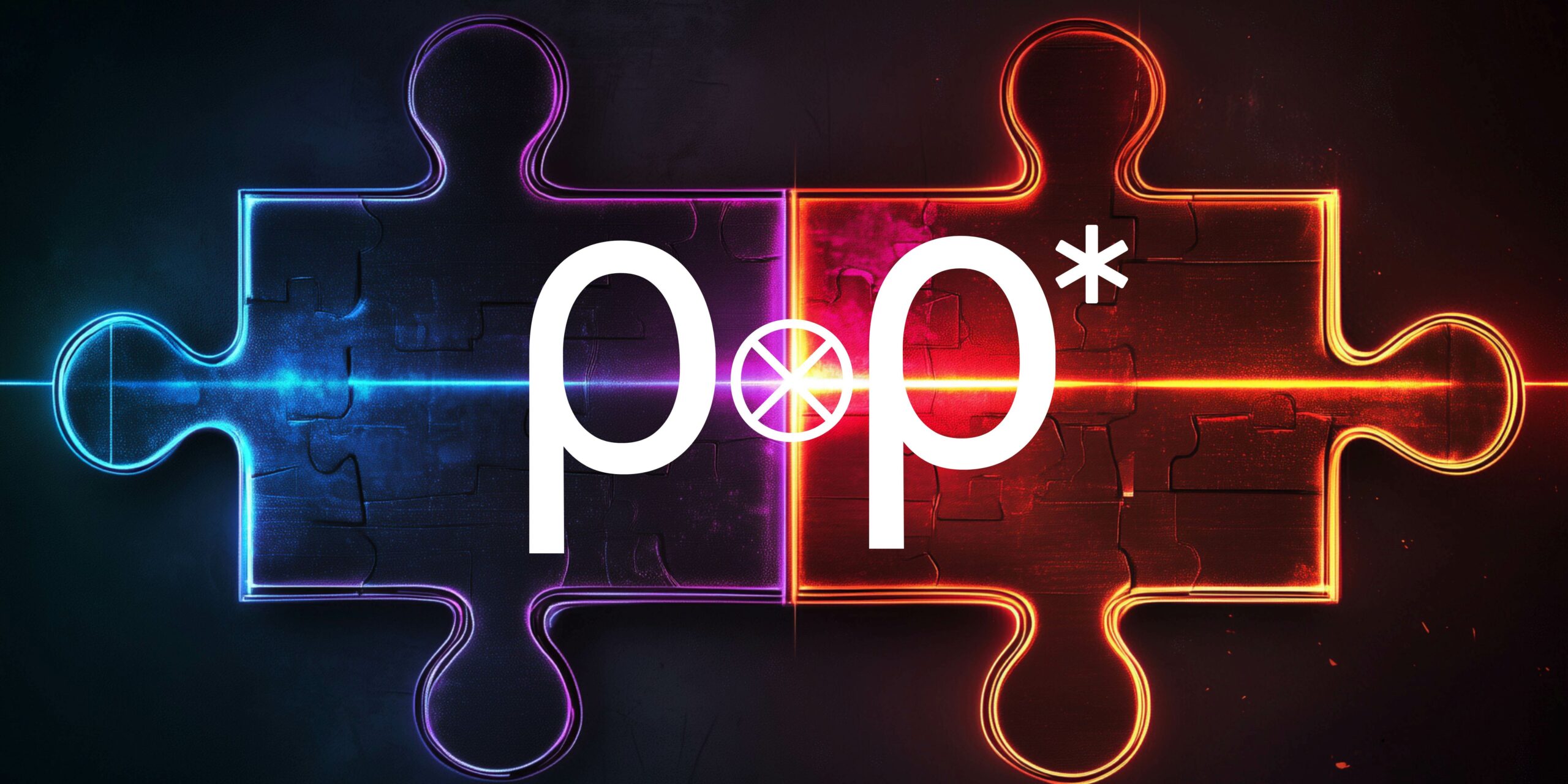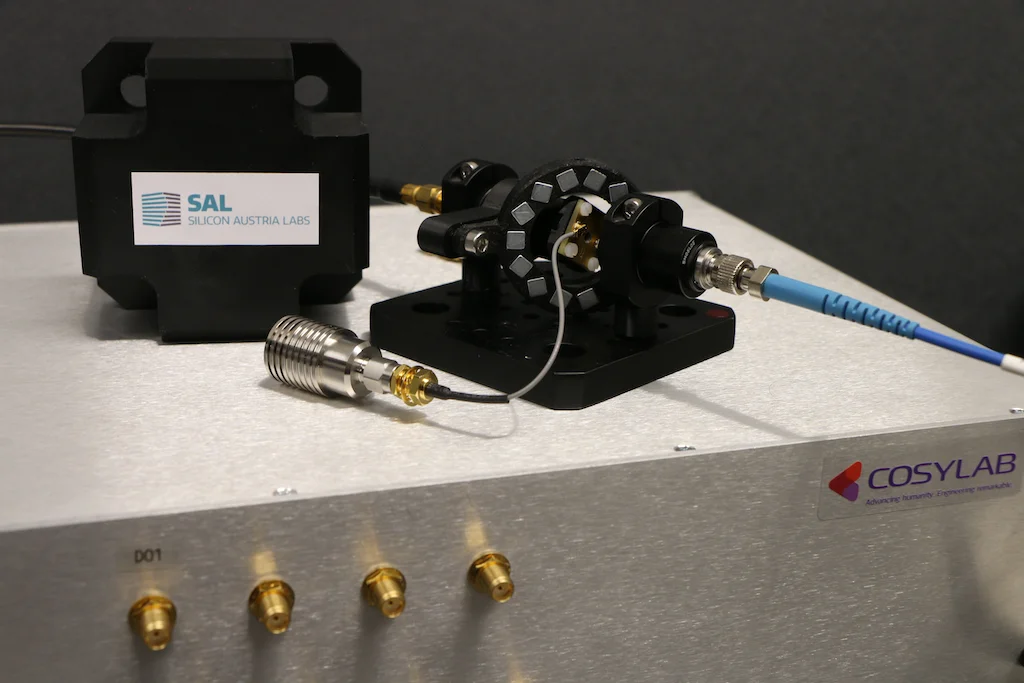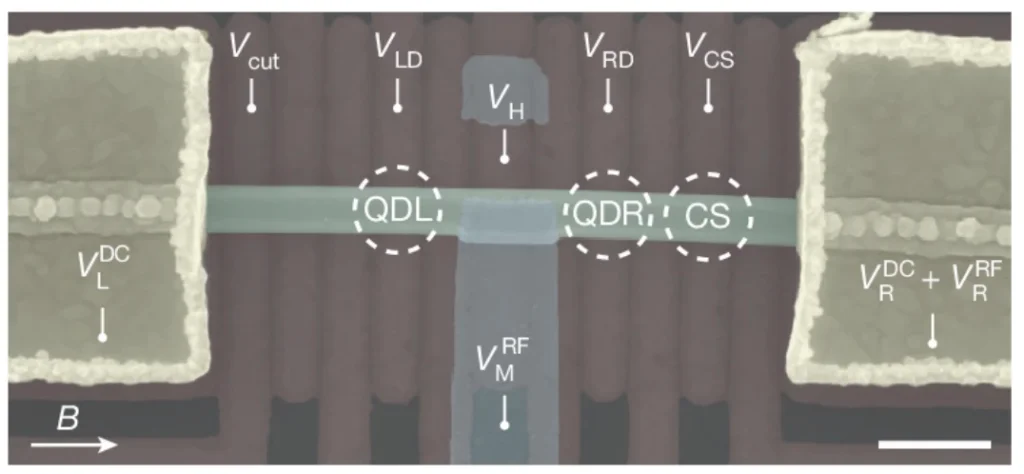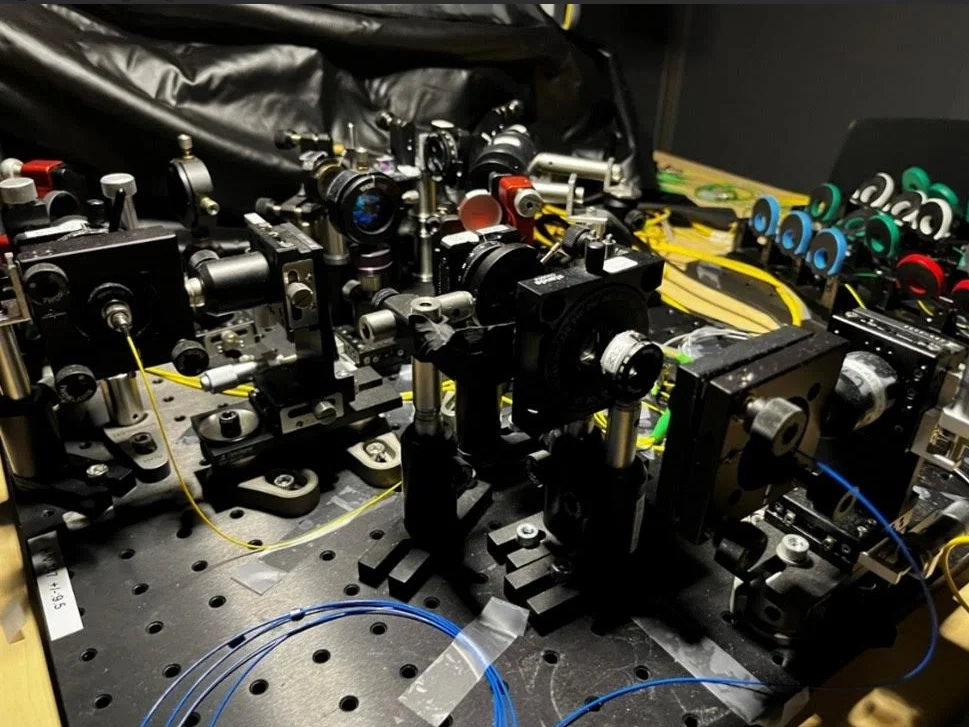Insider Brief:
- Researchers from Google Quantum AI introduced a method using minimal quantum memory—just two copies of a quantum state—to exponentially improve learning tasks.
- The approach uses the complex conjugate of a quantum state (ρ⊗ρ*) to perform entangled measurements, enabling faster learning of key quantities, such as displacement amplitudes, with far fewer samples compared to traditional methods.
- This technique offers practical benefits for quantum simulations by improving the efficiency and accuracy of learning quantum states generated by algorithms, and for quantum sensing by improving precision in measurements under high noise conditions.
- While the study highlights advantages, accessing the conjugate state (ρ*) can be resource-intensive, and more research is needed to explore if similar exponential gains apply to other quantum measurement tasks.
Quantum computers are known for their ability to handle complex computations that classical computers struggle with, but even quantum systems have their limits. One of the key challenges in quantum computing is extracting valuable information from quantum states efficiently, particularly in systems where resources are constrained. In a new study published in PRX Quantum, researchers from Google Quantum AI, Caltech, and Stanford introduce a new learning method that uses a minimal quantum memory setup to exponentially improve learning capabilities in certain quantum tasks. This may have profound implications for quantum sensors, simulations, and beyond.
Maximizing Learning with Minimal Quantum Memory
Quantum memory refers to the system’s ability to store quantum states for further measurements. As noted in the study, in traditional quantum learning tasks, having larger quantum memory is an advantage because it allows simultaneous measurements across multiple copies of quantum states. However, such large-scale quantum memory is not possible for most near-term quantum devices due to limitations in technology.

In this new approach, the researchers demonstrated that minimal quantum memory—using only two copies of a quantum state—can still yield exponential advantages when combined with a powerful resource: the complex conjugate of a quantum state, denoted as ρ⊗ρ. This resource, although computationally simple, may provide benefits for certain learning tasks. The research shows that for specific observables, measurements using ρ⊗ρ can outperform traditional approaches that rely on a much larger quantum memory.
What Are Conjugate States?
To understand the significance of this work, it’s essential to unpack the idea of conjugate states. As explained in the study, a conjugate state, ρ, is the complex conjugate of a quantum state ρ, and in many physical systems, it’s possible to create ρ from ρ via known quantum circuits. When paired together, ρ⊗ρ* can be used to perform entangled measurements that uncover properties of quantum states with notable efficiency. Think of the original quantum state and its conjugate like two puzzle pieces: on their own, they provide useful information, but when fitted together, they reveal a more complete picture of the quantum system.
One of the most notable findings in the study, according to the researchers, is that learning tasks, such as determining the displacement amplitudes of a quantum state (a key quantity in quantum systems), can be performed exponentially faster using measurements on ρ⊗ρ* rather than relying on standard methods. In simple terms, where traditional techniques might require an exponentially large number of samples, this new method cuts that number down dramatically, even with minimal quantum memory.
The Power of Conjugate States for Quantum Simulations and Sensing
This discovery is especially relevant for two primary fields in quantum technology: quantum simulation and quantum sensing.
- Quantum Simulations: In simulations, researchers often want to learn about quantum states generated by quantum algorithms. The ability to perform measurements on ρ⊗ρ* can improve the accuracy and efficiency of these simulations. This is especially relevant for tasks like simulating physical systems, where knowing the details of quantum states is important for studying material properties, chemical reactions, and more. According to the study, preparing a complex conjugate state can be as simple as modifying the original quantum circuit, making this method more practical for quantum simulations.
- Quantum Sensors: When it comes to quantum sensing, systems that detect physical quantities such as magnetic fields or gravitational waves rely on highly precise measurements. The ability to measure quantum states using ρ⊗ρ* may provide more accurate sensor readings, especially in environments with high background noise. By improving the signal-to-noise ratio, this method could be relevant for quantum sensor arrays, potentially benefiting areas like long-baseline interferometry (used in astronomy) and other sensing technologies that require high precision.
Navigating the Practical Limits of Conjugate States
While this research documents what seems like a compelling advantage, there are still challenges to be addressed. Accessing the complex conjugate state ρ* is not always straightforward, as highlighted by the team. In some systems, it may not be physically realizable, or the setup may be highly resource-intensive. However, the authors of the study provide several examples where ρ* is naturally available, such as in certain quantum sensor setups or by modifying quantum circuits used in simulations.
Additionally, while this study focuses on specific learning tasks such as estimating displacement amplitudes, the question remains whether similar exponential advantages can be applied to other types of quantum measurements. The researchers believe this work provides the foundation for further exploration into the potential of conjugate states in quantum learning.
A Future Maximal Return on Minimal Memory
As quantum computers advance, the importance of efficiently extracting information from quantum systems will only grow. This study may provide insight into achieving that goal by showing how minimal quantum memory, paired with conjugate states, can provide substantial learning advantages. The researchers hope this discovery will inspire new applications, providing a new tool that could serve both theoretical and practical applications in quantum computing.
The authors who participated in the study include Robbie King, Kianna Wan, and Jarrod R. McClean.















